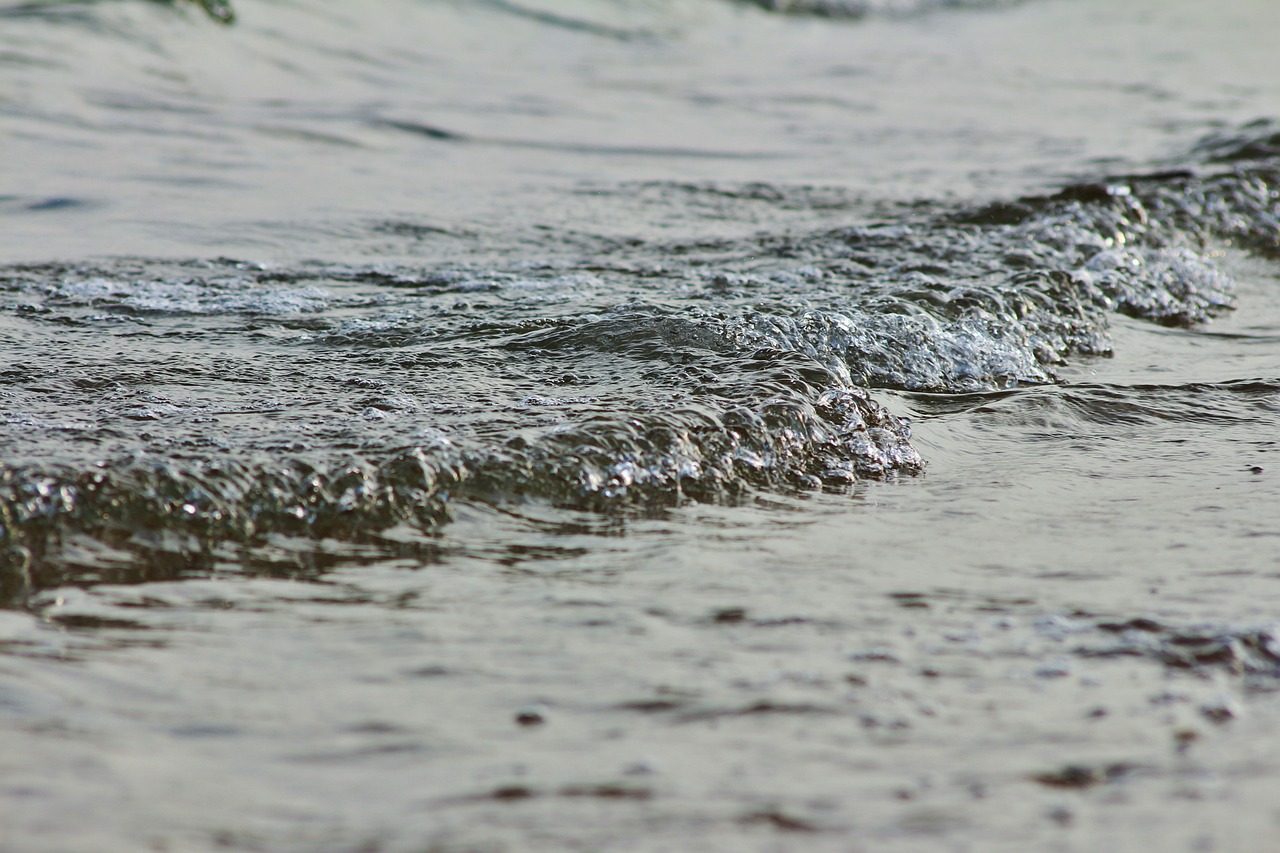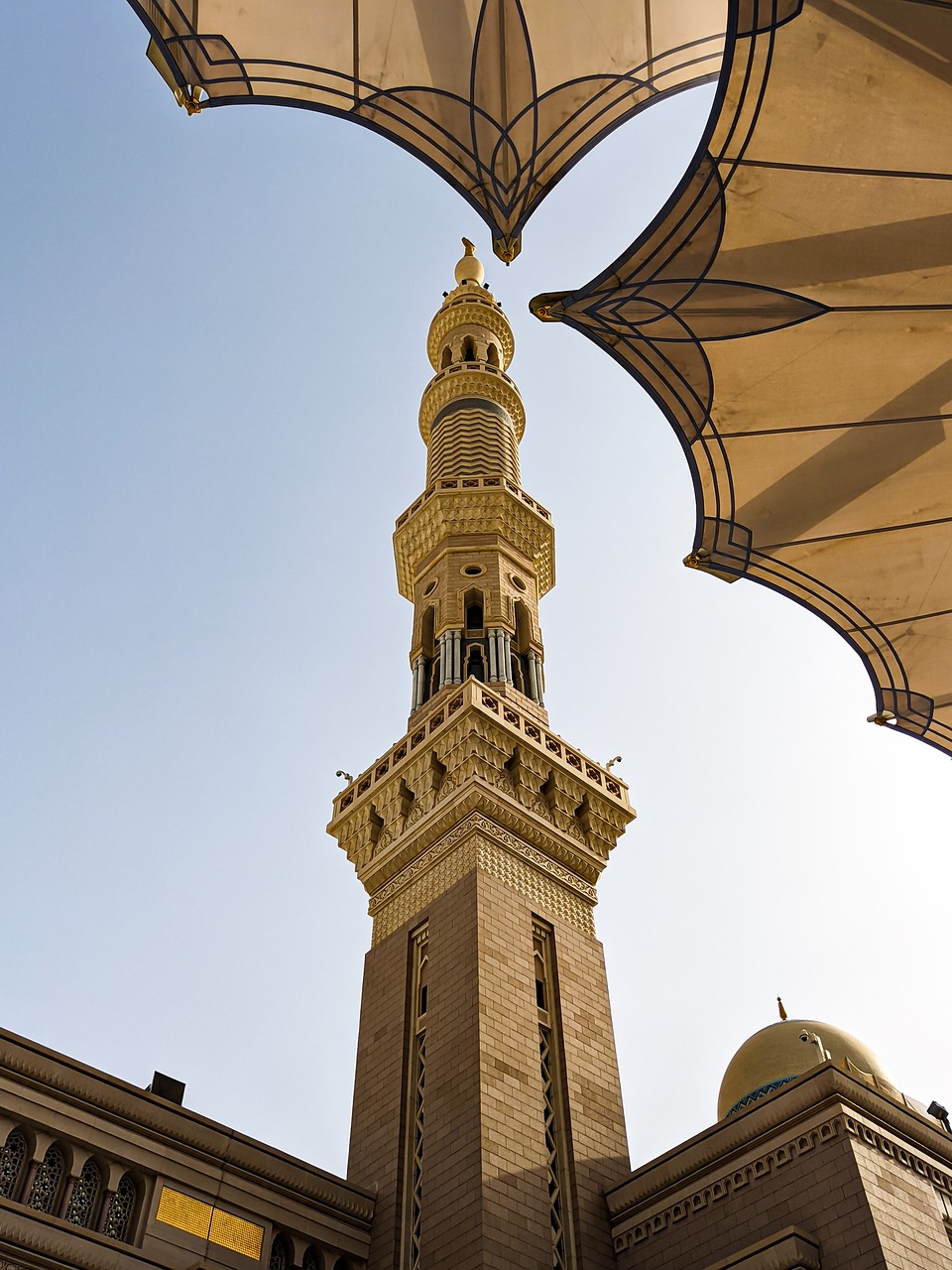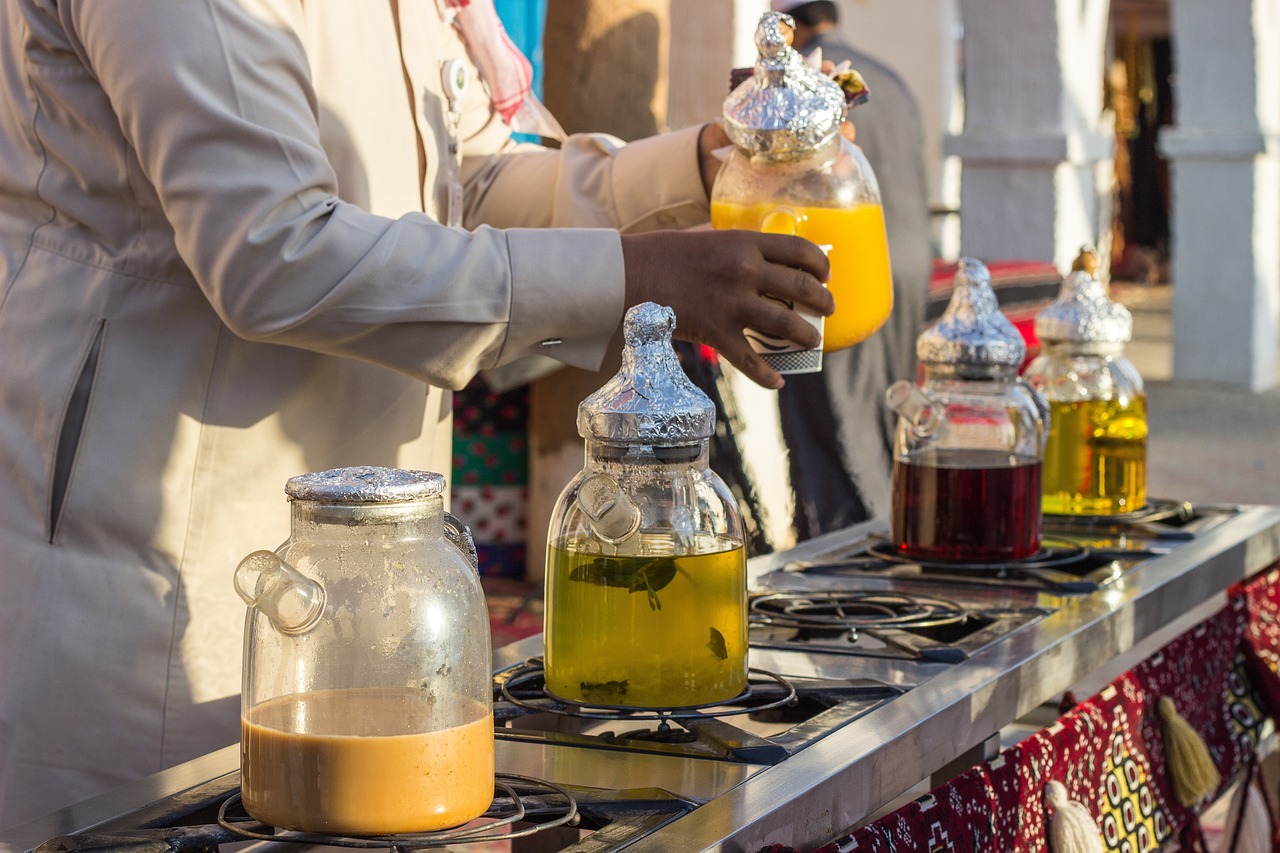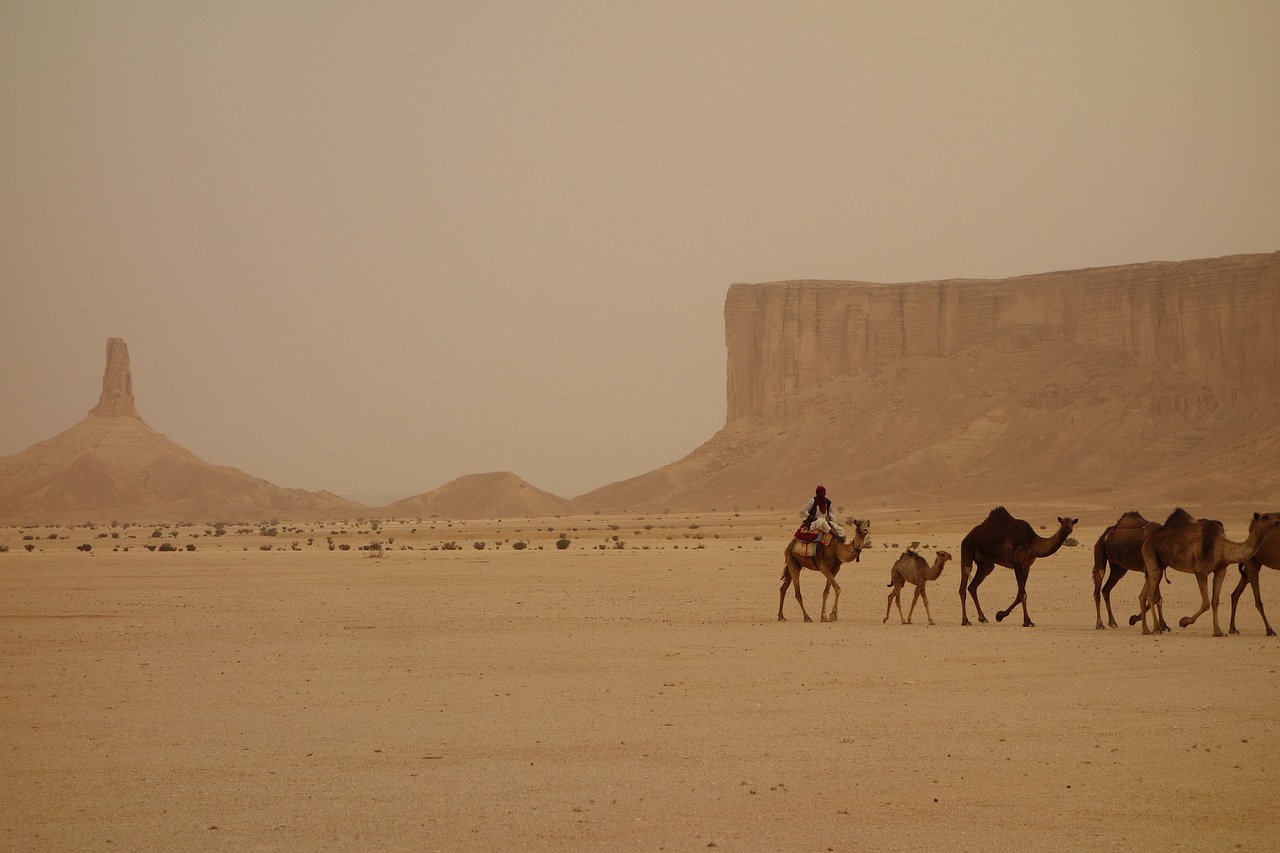Saudi Arabia Video
Local Celebrations and Holidays: What to Expect in Saudi Arabia
Saudi Arabia is a country rich in culture and traditions, and its celebrations and holidays reflect the deep-rooted heritage of its people. From religious festivals to national holidays, there are numerous occasions throughout the year when the country comes alive with festivities. In this article, we will explore some of the most significant celebrations and holidays in Saudi Arabia and what to expect during these vibrant events.
Eid al-Fitr
Eid al-Fitr, also known as the Festival of Breaking the Fast, is one of the most important religious holidays in Saudi Arabia. It marks the end of Ramadan, the holy month of fasting for Muslims. During Eid al-Fitr, families gather to celebrate with feasts, exchange gifts, and visit friends and relatives. The streets are adorned with colorful decorations, and people dress in their finest traditional attire. Mosques are filled with worshippers, and special prayers are held to mark the occasion.
- Eid Prayer: The day begins with a special prayer called the Eid prayer, which is performed in congregation at mosques or outdoor prayer grounds.
- Family Gatherings: Families come together to share meals and exchange gifts. Traditional dishes such as biryani, samosas, and sweets are prepared and enjoyed.
- Charitable Acts: It is customary to give to the less fortunate during Eid al-Fitr. Many people distribute food and gifts to those in need.
- Shopping and Markets: Markets and shopping malls are bustling with activity as people buy new clothes, accessories, and gifts for loved ones.
Saudi National Day
Saudi National Day is celebrated on September 23rd every year to commemorate the unification of the Kingdom of Saudi Arabia by King Abdulaziz. This national holiday is marked by various events and festivities that showcase the country’s rich history and culture.
- Fireworks and Light Shows: Fireworks and light shows illuminate the night sky, creating a spectacular display of colors and patterns.
- Parades and Processions: Parades featuring traditional music, dance performances, and floats depicting Saudi heritage are held in cities across the country.
- Cultural Exhibitions: Museums and cultural centers organize exhibitions showcasing Saudi Arabia’s history, art, and traditions.
- National Flag Displays: Buildings, streets, and public spaces are adorned with the Saudi national flag, creating a patriotic atmosphere.
Hajj
Hajj is an annual Islamic pilgrimage to the holy city of Mecca in Saudi Arabia. It is considered one of the five pillars of Islam and is a significant event for Muslims worldwide. Millions of pilgrims from different countries come together to perform the rituals of Hajj.
- Tawaf: Pilgrims perform Tawaf, which involves circling the Kaaba, the holiest shrine in Islam, seven times in a counterclockwise direction.
- Sa’i: Pilgrims walk between the hills of Safa and Marwa, reenacting the search for water by Hagar, the wife of Prophet Ibrahim.
- Mina and Arafat: Pilgrims spend a day in Arafat, where they engage in prayers and supplications. They then proceed to Mina, where they stay overnight and perform symbolic stoning of the devil.
- Eid al-Adha: The pilgrimage concludes with the celebration of Eid al-Adha, also known as the Festival of Sacrifice. Pilgrims sacrifice an animal, usually a sheep or a goat, to commemorate the willingness of Prophet Ibrahim to sacrifice his son as an act of obedience to God.
Janadriyah National Festival
The Janadriyah National Festival is an annual cultural event held in Riyadh, the capital city of Saudi Arabia. It showcases the country’s cultural heritage through various exhibitions, performances, and activities.
- Traditional Crafts: Skilled artisans display their craftsmanship in pottery, weaving, metalwork, and other traditional crafts.
- Traditional Performances: Folk dances, poetry recitals, and traditional music performances entertain visitors, providing a glimpse into Saudi Arabia’s diverse cultural traditions.
- Camel Races: Camel racing is a popular sport in Saudi Arabia, and during the festival, visitors can witness thrilling races showcasing the agility and speed of these majestic animals.
- Cuisine: Food stalls offer a variety of traditional Saudi dishes, allowing visitors to indulge in the flavors of the country.
Al-Qatt Al-Asiri Art Festival
The Al-Qatt Al-Asiri Art Festival is an annual event that celebrates the traditional art form of Asiri, which is a vibrant and intricate form of interior wall painting practiced by the Asir region’s female community.
- Exhibition of Asiri Art: The festival showcases the beauty and skill of Asiri art through exhibitions featuring intricate wall paintings and other artistic creations.
- Live Demonstrations: Visitors have the opportunity to witness live demonstrations of Asiri artists creating their masterpieces, providing insight into the techniques and processes involved.
- Workshops and Classes: Asiri art workshops and classes are conducted, allowing visitors to learn and try their hand at this unique art form.
- Artisan Market: An artisan market offers a wide range of Asiri-inspired crafts and artworks for purchase, providing an opportunity to take home a piece of this vibrant tradition.
Saudi Arabia Image 1:

Eid al-Adha
Eid al-Adha, also known as the Feast of Sacrifice, is another important religious festival in Saudi Arabia. It commemorates the willingness of Prophet Ibrahim to sacrifice his son as an act of obedience to God. During this festival, Muslims around the world sacrifice animals and distribute the meat to the needy.
- Animal Sacrifice: Muslims who can afford it sacrifice an animal, such as a sheep, goat, cow, or camel, following the example of Prophet Ibrahim.
- Feasts and Gatherings: Families come together to share meals prepared from the sacrificed animal. The meat is distributed among family members, neighbors, and those in need.
- Pilgrimage to Mecca: Many Muslims combine the celebration of Eid al-Adha with the performance of Hajj, the annual pilgrimage to Mecca.
- Charitable Acts: It is customary to give to the less fortunate during Eid al-Adha. Many people donate money, food, or clothing to charitable organizations.
Saudi National Day Image 2:

Mawlid al-Nabi
Mawlid al-Nabi, also known as the Prophet Muhammad’s birthday, is celebrated by Muslims worldwide, including Saudi Arabia. It is a time to honor the life and teachings of the Prophet Muhammad.
- Religious Gatherings: Special prayers and sermons are held at mosques, where scholars and religious leaders speak about the life and teachings of the Prophet Muhammad.
- Decorations and Lights: Homes, streets, and mosques are adorned with lights and decorations to mark the joyous occasion.
- Charitable Activities: Many people engage in charitable acts, such as donating money, food, or clothing to the needy.
- Public Celebrations: Cultural events, processions, and parades are organized to celebrate Mawlid al-Nabi. People gather to listen to religious songs and poetry.
Al-Janadriyah Image 3:

Conclusion
Saudi Arabia’s celebrations and holidays offer a glimpse into the rich culture and traditions of the country. From religious festivals like Eid al-Fitr, Eid al-Adha, and Mawlid al-Nabi to national events like Saudi National Day and the Janadriyah National Festival, each occasion is marked with joy, unity, and a sense of pride in Saudi Arabian heritage. These celebrations bring people together, fostering a sense of community and reinforcing the values that are important to the Saudi people.
References
- islamweb.net
- sauditourism.sa
- arabnews.com
- aljazeera.com
- arabianbusiness.com


